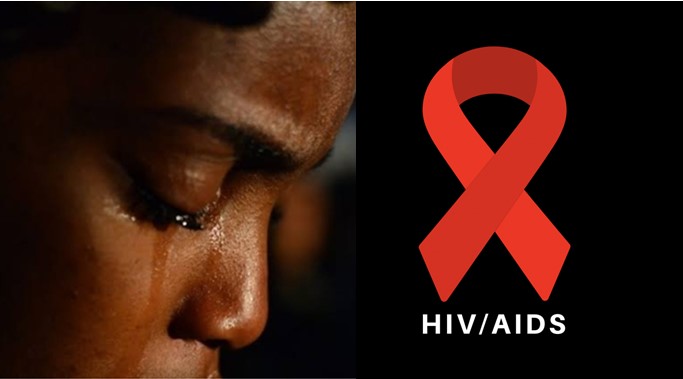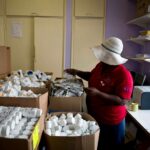
Early signs of HIV you should be aware of
Published on October 27, 2021 at 9:00 PM by Flora Mitumba
What Are the HIV Symptoms?
HIV manifests itself in a variety of ways. Not everyone will have the same signs and symptoms. It is dependent on the individual and the stage of the disease.
The three stages of HIV are listed below, along with some of the symptoms that patients may encounter.
Headache
Fatigue
Muscle aches
Throat irritation
Lymph nodes swollen
A non-itchy red rash that commonly appears on your torso.
Fever
Ulcers (sores) in the mouth, esophagus, anus, or genitals are common.
Other neurological symptoms such as headaches
If you have any of these symptoms and believe you may have come into touch with someone who has HIV in the last 2 to 6 weeks, see a doctor and get an HIV test.
If you don’t have any symptoms but suspect you’ve been exposed to the virus, get tested.
The absence of symptoms can persist up to ten years.
This does not, however, imply that the infection is no longer present.
HIV is a health disease that can be managed.
Even if no symptoms exist, HIV can advance to stage 3 if left untreated.
That is why it is critical to get tested.
It’s crucial to get tested for HIV, even if it’s nerve-wracking.
Even if they don’t show any symptoms, an infected person is contagious and can easily infect others through bodily fluid interaction.
Only an HIV test can tell you whether or not you have the disease. So be wise, keep safe, and look out for others.
If you are sexually active, have ever shared needles, or have any other reason to believe you may have been infected with HIV, talk to your doctor about getting tested.


